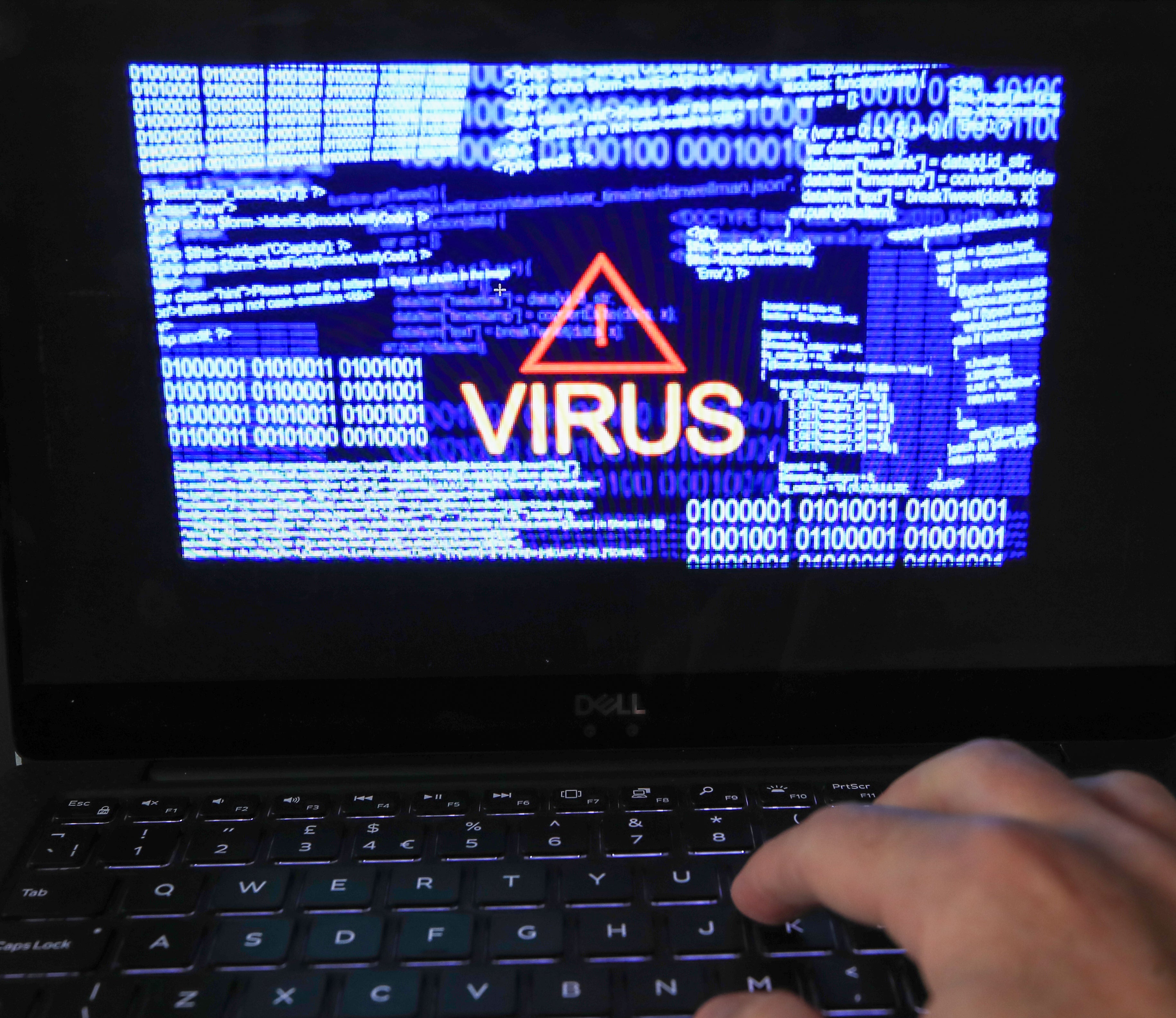Cyberattacks jump by more than 600% in a year
Justice Secretary Keith Brown said the increase may have been caused by a change to how crimes are recorded.

Your support helps us to tell the story
From reproductive rights to climate change to Big Tech, The Independent is on the ground when the story is developing. Whether it's investigating the financials of Elon Musk's pro-Trump PAC or producing our latest documentary, 'The A Word', which shines a light on the American women fighting for reproductive rights, we know how important it is to parse out the facts from the messaging.
At such a critical moment in US history, we need reporters on the ground. Your donation allows us to keep sending journalists to speak to both sides of the story.
The Independent is trusted by Americans across the entire political spectrum. And unlike many other quality news outlets, we choose not to lock Americans out of our reporting and analysis with paywalls. We believe quality journalism should be available to everyone, paid for by those who can afford it.
Your support makes all the difference.Cyberattacks in Scotland rose by more than 600% in one year, figures have shown.
In response to a parliamentary question from Tory social justice spokesman Miles Briggs, the Scottish Government said some 403 cyber attacks had been reported in 2020-21, an increase from just 57 the year before.
The reply was broken down to show the number of instances of a person gaining unauthorised access to a computer with a view to committing a crime – covered by sections one and two of the Computer Misuse Act 1990 – along with unauthorised acts which impair the operation of computers, which is covered by section three of the act.
Sections one and two were violated 331 times during that year while section three was contravened 72 times.
In the answer, Justice Secretary Keith Brown stressed that a change to recording meant crimes that originate abroad but take place in Scotland were now covered by the figures, but also suggested the pandemic could have had an impact.
“As highlighted in the 2020-21 recorded crime national statistics, a procedural change was made to the recording of international crime in 2020-21, whereby cases carried out by a perpetrator who was likely to be outside the UK are now included,” he said.
“This may have led to some additional crimes being recorded in the latest year, though more broadly the increase may in part be due to the significant impact of the coronavirus pandemic, including behavioural changes with more people undertaking activities online.”
Mr Briggs contended that a fall in funding for the police led to the problem.
“This shocking and unprecedented rise in cyberattacks will leave many people feeling deeply concerned,” he said.
“Our police desperately need the resources to tackle this issue, but instead the SNP government have given them a real-terms cut to their capital budget.
“That means our police are being left without the equipment, training and resources they need to tackle these attacks.”
With the ongoing Russian invasion of Ukraine heightening the threat of cyberattacks, and the major damage caused by the attack on the Scottish Environmental Protection Agency (Sepa) on Christmas Eve of 2020, Mr Briggs said it was “essential” Scots can be online without fear of being hacked.
“The Scottish Conservatives called for a £35.6 million increase in police capital spending in the last budget – but the SNP ignored us and cut it in real terms. We would ensure that our police are always fully funded and equipped for the future with our Local Policing Act,” he added.